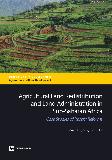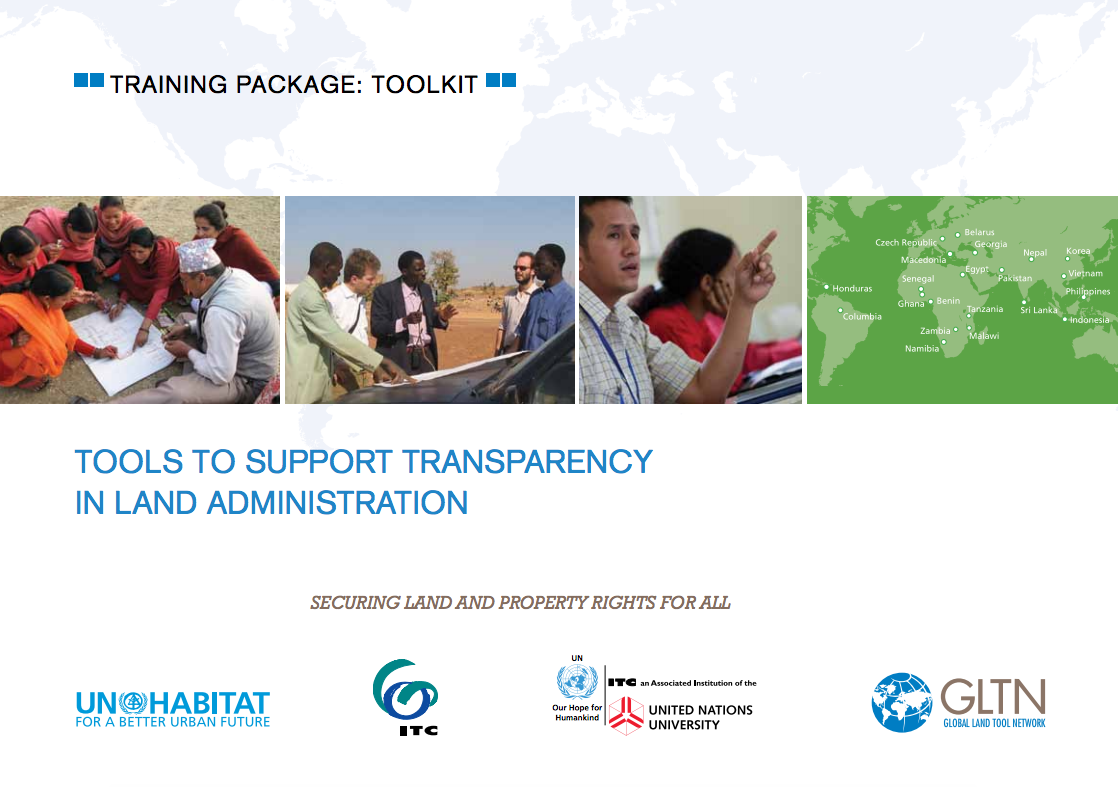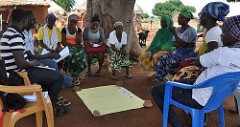Agricultural Land Redistribution and Land Administration in Sub-Saharan Africa : Case Studies of Recent Reforms
The six case studies in this book were prepared as background studies for a synthesis report on land administration and reform in Sub-Saharan Africa (SSA). Collectively they cover two main areas of land governance: reforms in redistributing agricultural land; and reforms in land administration. The problems in land ownership inequality and poor land administration are defined and the question of why reforms are necessary is addressed. The first two case studies focus on reforms in redistributing agricultural land in Malawi and South Africa.




